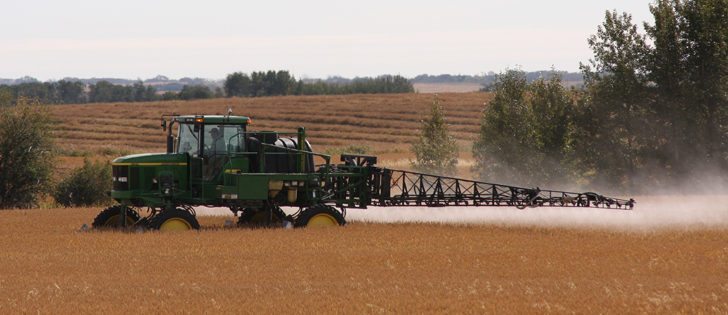Insight can arrive at the strangest times. I learned that in 2015 when I was working on a story about Canada’s Inuit people and how they have dozens of words for snow.
As part of the piece, I spoke with Graham Nesbitt, who worked at an Inuit cultural centre in Iqaluit.
He said there probably aren’t 50 words for snow in Inuktitut, but that truth is irrelevant.
“It almost doesn’t matter any more. People believe there are. So, there are.”
Nesbitt’s comment helps explain, somewhat, the ferocious debate in Europe over the safety of glyphosate, the active ingredient in Roundup.
Read Also

Kochia has become a significant problem for Prairie farmers
As you travel through southern Saskatchewan and Alberta, particularly in areas challenged by dry growing conditions, the magnitude of the kochia problem is easy to see.
Many toxicologists and regulatory agencies around the globe condemned the decision as absurd, alarmist and biased.
Some experts have alleged fraud — that IARC scientists manipulated data showing that glyphosate is safe.
A Reuters story in October validated those suspicions. Data showing that glyphosate didn’t cause cancer was included in a draft version of the IARC report, but that evidence was deleted or changed in the final report to make it seem like glyphosate causes cancer.
The scientific malfeasance should have ended the furor over glyphosate. It didn’t.
Days after the Reuters story, the European Parliament voted, 355 to 204, to ban the use of glyphosate by 2022.
The glyphosate battle makes more sense if Nesbitt is correct: repeat something enough times and it eventually becomes gospel. Thanks to Facebook and Twitter, two misinformation machines, it’s now possible to say “glyphosate probably causes cancer” 50 million times in a month.
If repetition of misinformation sways public and political opinion, Canadian farmers must depend on scientists at the Pest Management Regulatory Agency. If the PMRA can resist the madness of crowds, it will continue to permit the use of glyphosate in Canada.
But all bets are off the table if Europe bans the herbicide because the anti-agriculture crowd will unveil a new slogan that will be repeated a billion times on the internet: “Europe banned glyphosate, so it must be poison.”
Contact robert.arnason@producer.com


















